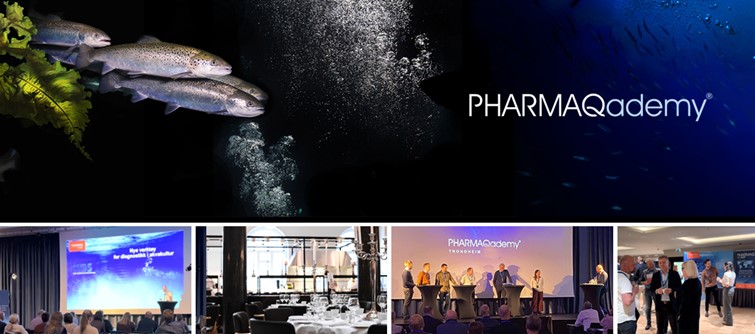
We are delighted to invite you to PHARMAQademy Aqua Nor 2023!
This event will be hosted by PHARMAQ Part of Zoetis on Tuesday 22nd of August 2023, at Banksalen in Trondheim, Norway.
We will be covering following topics:
The conference is free of charge, and is held in Norwegian with simultaneous translation into English.
Register now - 100 spots only! See you there!
Bernt Martinsen, PHARMAQ
Asbjørn Dyrkorn Løland, Bue Salmon
Helene Bevan, PHARMAQ Analytiq
Simon MacKenzie, University of Stirling
Monica Gausdal Tingbø, PHARMAQ
Silje Fløtnes Hansen, Nordlaks
Marius Karlsen, PHARMAQ
Ingebjørg Oddsdotter Sævareid, Grieg Seafood ASA
Henrik Duesund, Cermaq
Per Anton, Åkerblå
Olav Breck, Mattilsynet
Sjømat Norge
Randi Nygaard Grøntvedt works as regional manager for the Norwegian Seafood Federation. She is a biologist with a PhD in fish immunology from the University of Tromsø, and has previously been a general manager in the consulting company INAQ AS, following a position as researcher at the Norwegian Veterinary Institute. Her main topics has been fish health and especially salmon lice issues.
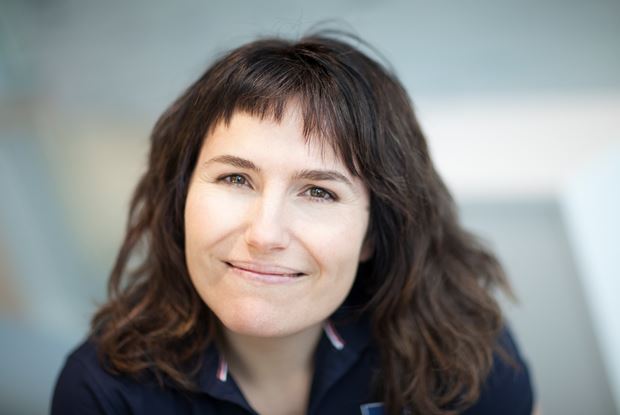
Bernt Martinsen is Senior Vice President of Pharmaq since November 2021. Started in the Fish Health business in the predecessor of Pharmaq, Alpharma, in 1994, and has covered several roles in the company. Initially in the R&D department, later covering commercial responsibilities and since 2012 heading up the Commercial activities in the Salmon markets and Bass and Bream market in the Mediterranean. Bernt is educated as a Veterinarian from the Vet School in Oslo and have a PhD in Fish Pharmacology from 1993. Bernt has also worked in Diagnostics at the Veterinary Institute for almost 2 years before 1990.
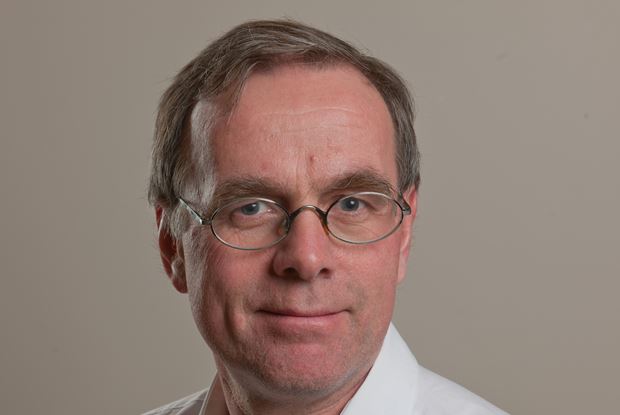
Asbjørn Dyrkorn Løland is R&D-leader in Bue Salmon. He’s a fish health biologist with background from R&D at EWOS, PHARMAQ Analytiq and Akvahub. As R&D leader it is Asbjørn’s mission to generate, communicate and contribute to the implementation of knowledge in the Bue Salmon organization. Today Bue Salmon will share key figures, insights and experiences from the first year of production at their pilot farm in Bulandet.

Helene Bevan is a molecular biologist, with a Master’s Degree in Molecular Biology from the University of Bergen. She is well versed in microbial disease challenges in Norwegian Aquaculture, and has experience developing molecular diagnostics tools. She has worked with NGS development since 2020, and is currently Pharmaq Analytiq’s NGS Manager.
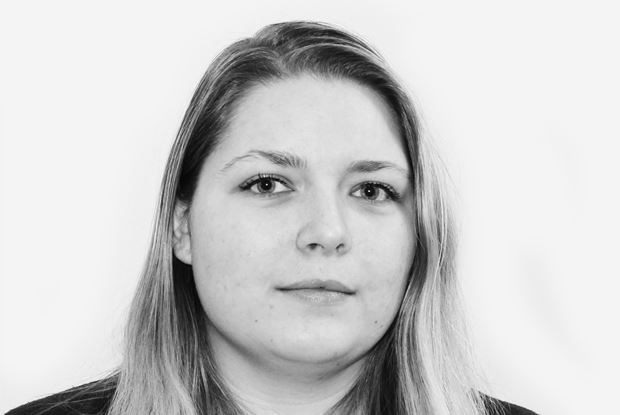
Professor Simon MacKenzie is the Head of the Institute of Aquaculture and runs an active and vibrant multi-disciplinary research team engaged in different aspects of immunity, physiology, ecology, welfare and disease in fish with an underpinning focus upon molecular regulation. He has spent the past 20 years mainly working upon experimental models relevant to fish health with a particular emphasis upon the evolution of the immune system and health and welfare in aquaculture. Recent work focuses upon gill microbiomes and fish husbandry management, the molecular regulation of smoltification and insect meals as immunomodulators in fish. Currently, Professor MacKenzie is the co-Editor in Chief of Frontiers in Aquaculture a new journal in the aquaculture sphere.
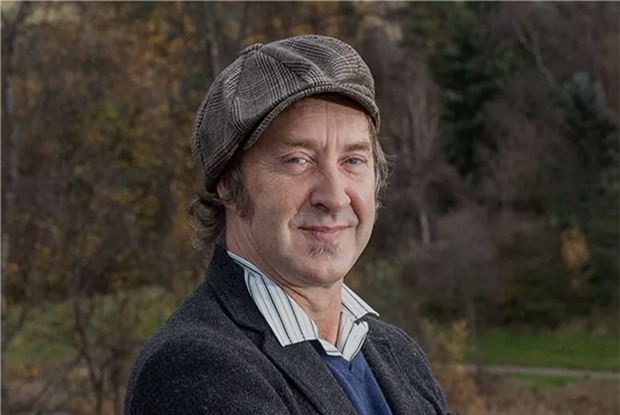
Monica Gausdal Tingbø, Principal scientist, Project team leader. Working in department for formulation technology in Pharmaq part of Zoetis, focusing on antibody-based methods and potency tests. Project team leader for several vaccine development projects.
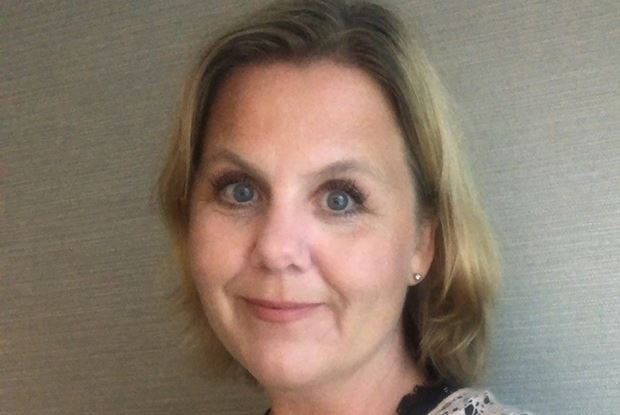
Silje Fløtnes Hansen is educated as a fish health biologist from the University of Tromsø, and has worked in the aquaculture industry since 2011. She has previously worked in Åkerblå, where she looked after fish in food fish farms and hatcheries. Today she works in Nordlaks' fish health department.
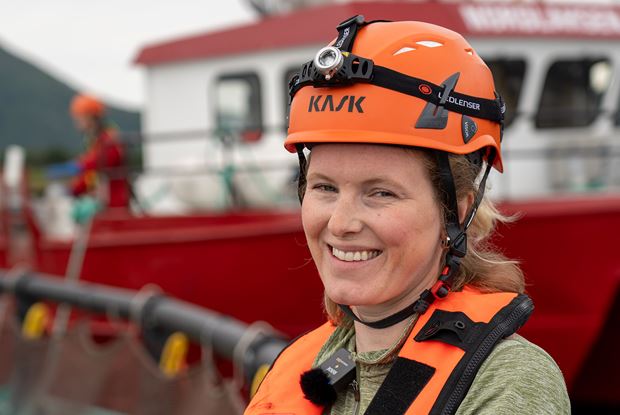
Marius Karlsen is a Principal Scientist in the clinical department of PHARMAQ. He has been working with a wide range of diseases in Atlantic salmon since 2004. His current work focuses on the development of new vaccines and therapeutics for salmon. Marius also has a keen interest in epidemiology of fish viruses, and has used sequence analyses to study spread of SAV and ISAV since his early career days
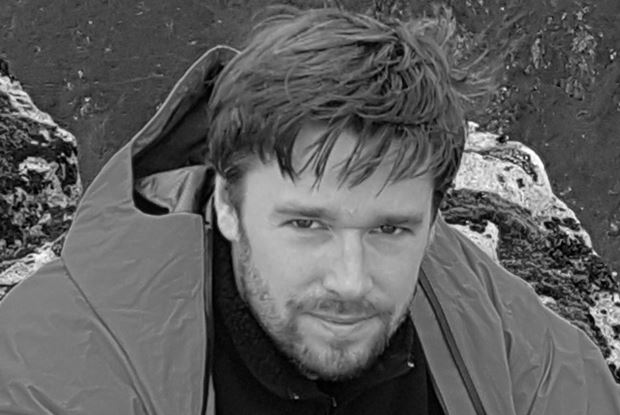
Ingebjørg Oddsdotter Sævareid works as Global Fish Health Manager at Grieg Seafood ASA. She has worked within different areas of the industry since 2007, covering fish health and welfare, vaccines and therapeutics for salmon and fish nutrition. Ingebjørg holds a degree in aquaculture medicine from the University of Bergen.
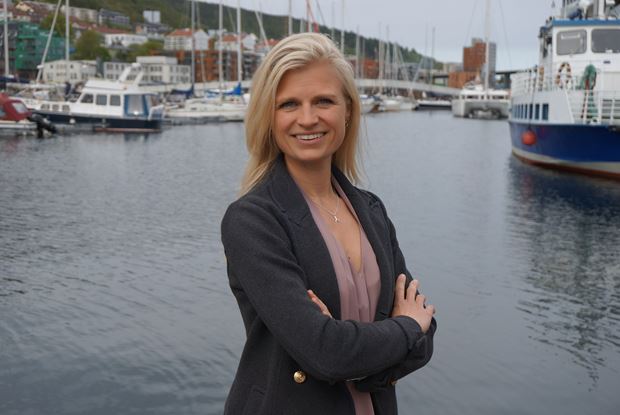
Henrik Duesund work as Global R&D responsible for fish health in Cermaq. Since starting at Cermaq in 2008, he has worked on a number of different fish health issues in Cermaq's three production areas in Norway, Chile and Canada. Since he started, ISA has been a central topic in both Chile and Norway, and Cermaq has gradually built up a lot of experience around this virus.
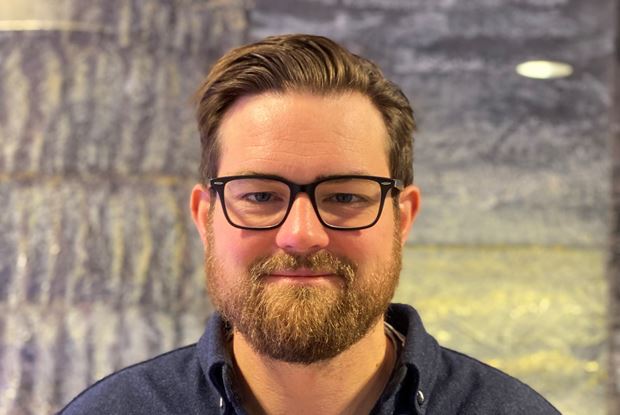
Per Anton is an experienced veterinarian and joined together with MarinHelse AS the Åkerblå Group system in July 2020. He graduated at the Justus Liebig University in Germany in 1993 and have been working close with the fish farming industry since. Per Anton started the Company MarinHelse AS in 2001 and this company grew to be the largest fish health company in Norway in 2019. He also has a position at the University of Tromsø where he is teaching in fish health and fish welfare. Per Anton has always been focused on operating procedures in the field and have been working for several years both in freshwater sites and at sea locations along the Norwegian coastline. He has also been working for international costumers both in Ireland and in Russia. He has been participating in a lot of scientific work and is co-author of several scientific papers related to fish health issues in fish farming.
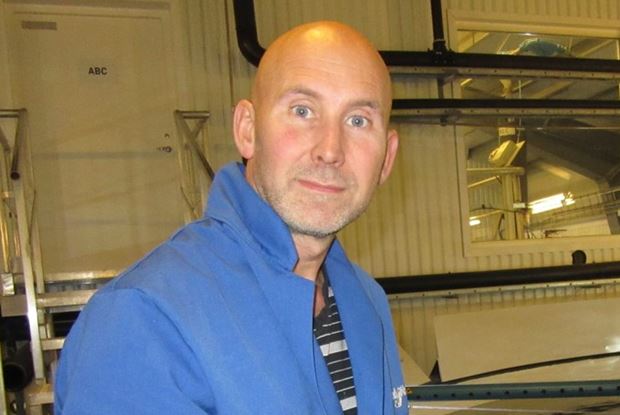
PHARMAQ is the global leader in vaccines and innovation for aquaculture and part of Zoetis, the world leader in animal health. The company provides environmentally sound, safe and efficacious health products to the global aquaculture industry through targeted research and the commitment of dedicated people. Production facilities, administration and research and development activities are based in Norway with subsidiaries in Chile, United Kingdom, Vietnam, Turkey, Spain, Panama and Hong Kong. PHARMAQ has approximately 300 employees. The company's products are marketed in Europe, North and South America, and Asia. For further information, visit the company's website at www.pharmaq.com. Privacy Policy. Cookie Policy. Terms of Use.
Copyright © 2020 Zoetis LLC. All rights reserved.